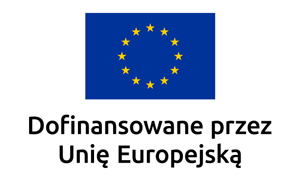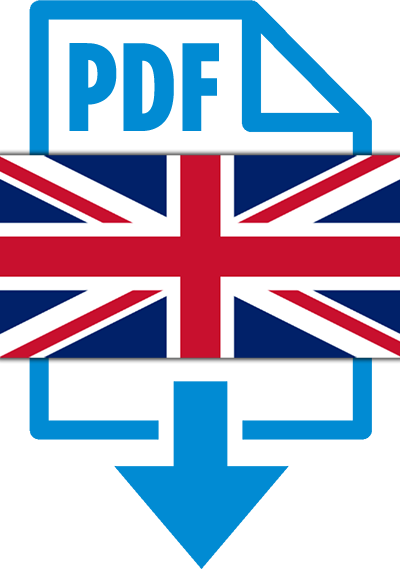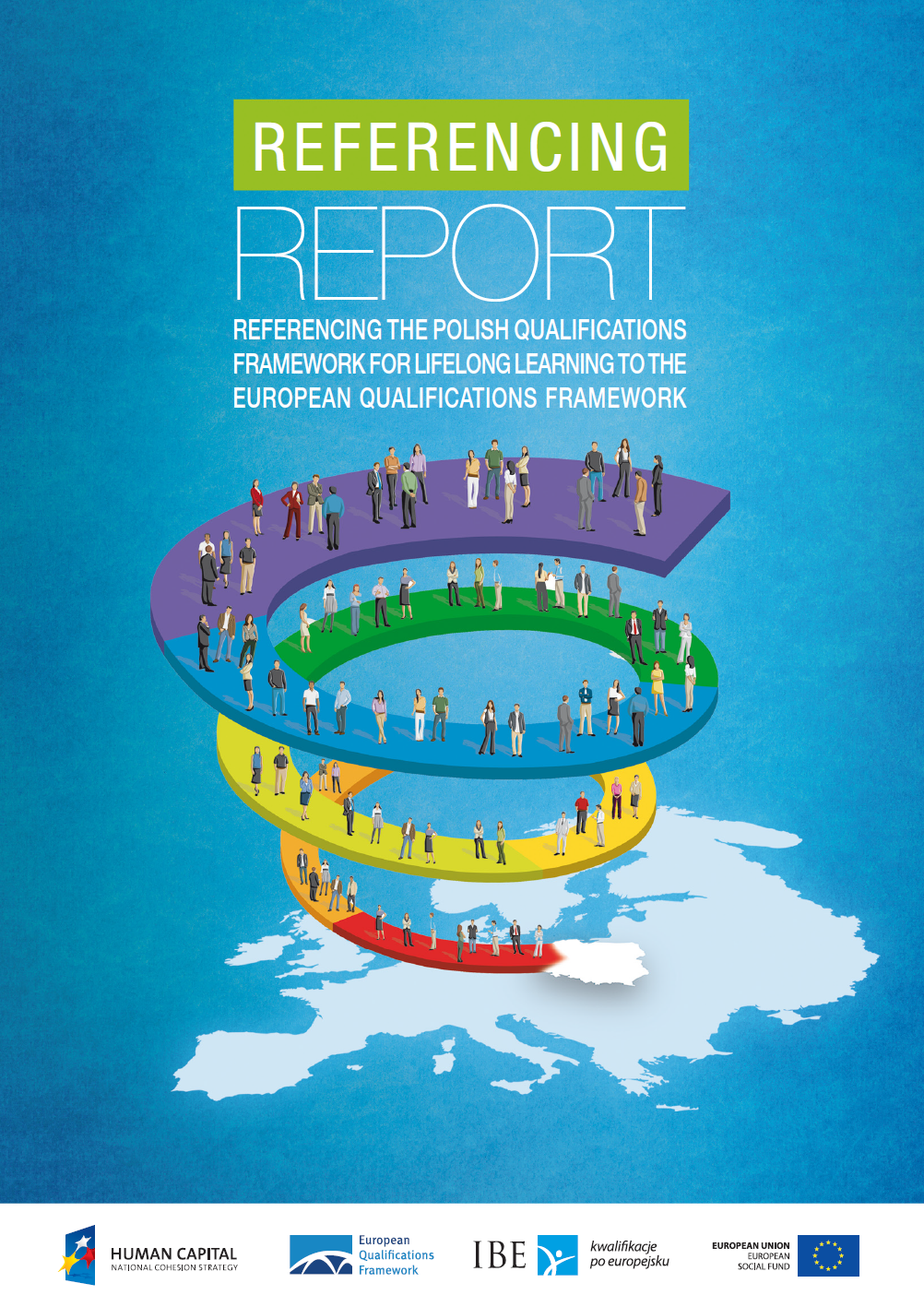This report references the proposed Polish Qualifications Framework (PQF) to the European Qualifications Framework (EQF). It also presents the course and progress of work on other projects undertaken to modernise the national qualifications system in Poland.
The modernisation of the qualifications system in Poland was undertaken in response to national needs and will serve the implementation of policies for lifelong learning. Efforts to modernise the national qualifications system are part of a broader context of change taking place in Europe, related to implementing the Recommendation of the European Parliament and of the Council of 23 April 2008 on the establishment of the European Qualifications Framework for lifelong learning, hereinafter referred to as the Recommendation of the EP on the EQF.
The reforms of general and vocational education introducing learning outcomes as the primary reference point for educational policies were carried out in Poland from 2008 to 2011. Major changes were introduced to higher education in 2011. In 2006, work began on developing the National Qualifications Framework for Higher Education, and in 2008, work was initiated on the Polish Qualifications Framework. Implementing the PQF will close the cycle of reforms taking place in the institutions of formal general, vocational and higher education, and at the same time provide the impetus for developing qualifications attained outside of those systems in Poland.
The Polish Qualifications Framework is intended to include a variety of qualifications awarded in Poland, enabling the different qualifications systems functioning in the country to be integrated. The PQF has been designed so that its levels correspond to those of the EQF. A unique approach used in Poland is the introduction of two categories of level descriptors, distinguished by their degree of detail – universal (first stage) and descriptors typical for different types of education (second stage). The report presents the results of analyses that reliably demonstrate the congruence between the Polish Qualifications Framework levels and those of the European Qualifications Framework. This will enable qualifications awarded in Poland to be compared (referenced) to those awarded in various EU countries. Additionally, Polish qualifications should be clearer and easier to understand in other countries and qualifications systems in Europe.
The report shows that Poland meets the ten referencing criteria defined by the EQF Advisory Group.
In its annexes, the report also includes information on terminology, tables of learning outcomes
required for selected qualifications with their PQF level descriptors – universal and those typical for
the different types of education, a detailed description of the Polish educational system, as well as
the opinions of international experts.
The report is addressed to both Polish stakeholders engaged in this field, as well as to individuals and institutions from different countries that are involved in implementing the Recommendation of the European Parliament on the EQF. The report is also intended to be an official source of information on the direction of work undertaken to modernise the national qualifications system in Poland.
The Referencing Report was being prepared at the same time as the ”Self-certification Report of the National Qualifications Framework for Higher Education”. The Self-certification Report shows how the framework for higher education in Poland relates to the PQF and how it is referenced to the Qualifications Framework for the European Higher Education Area (QF EHEA) and the EQF.




